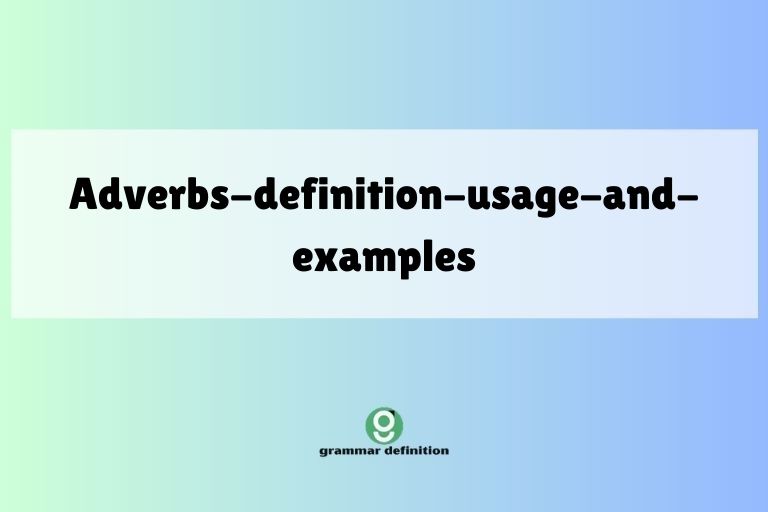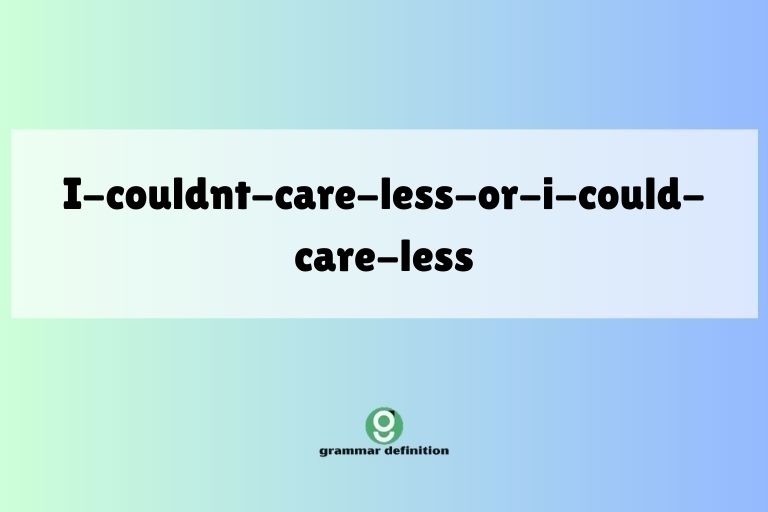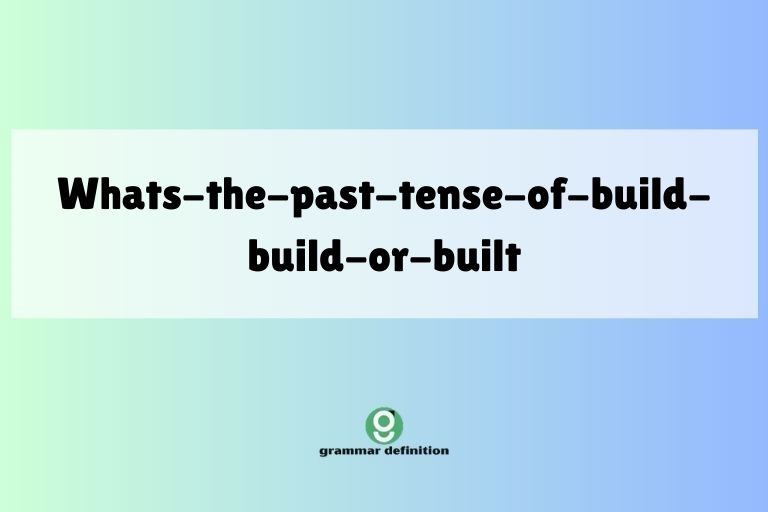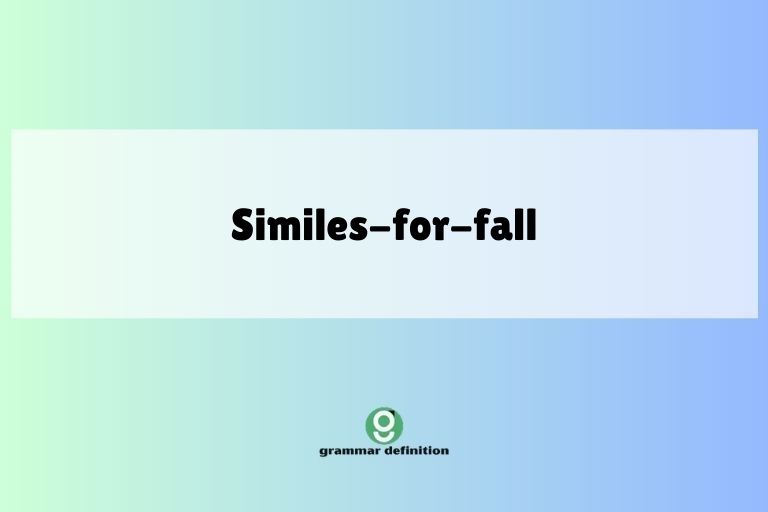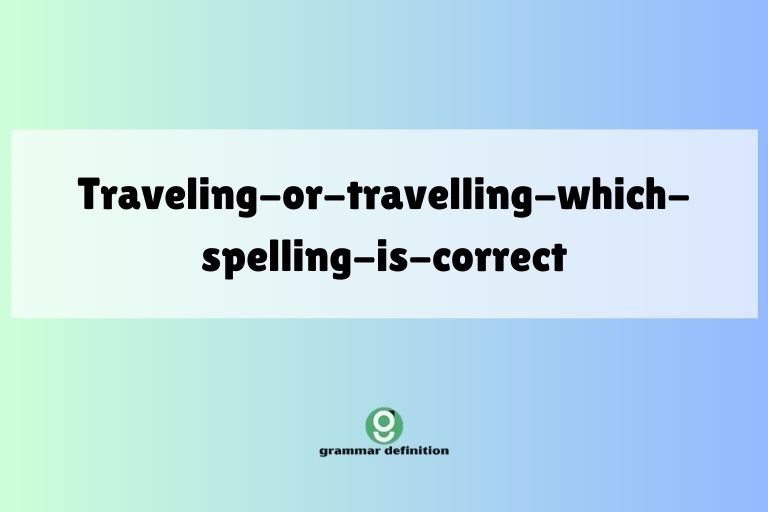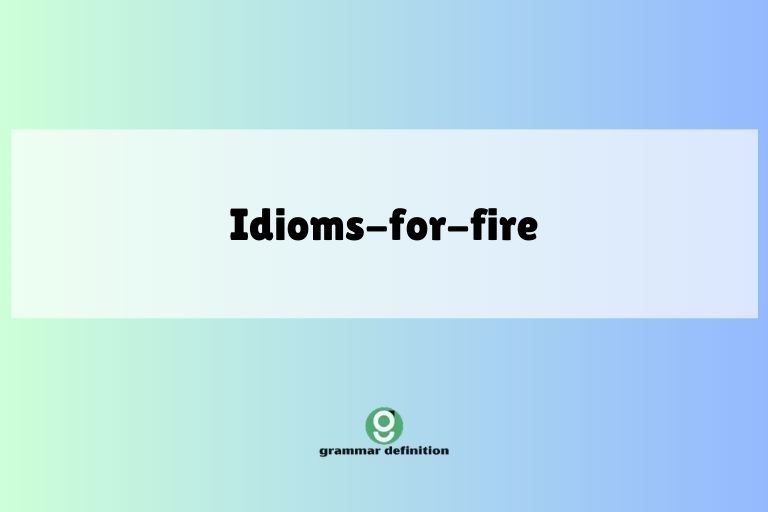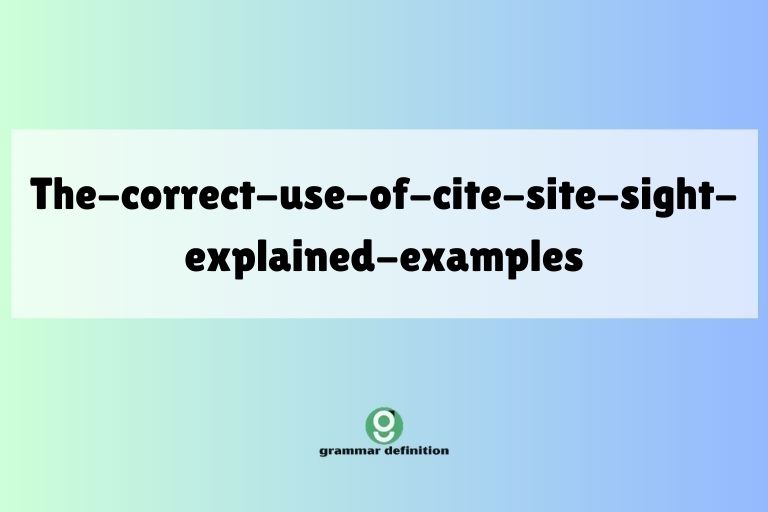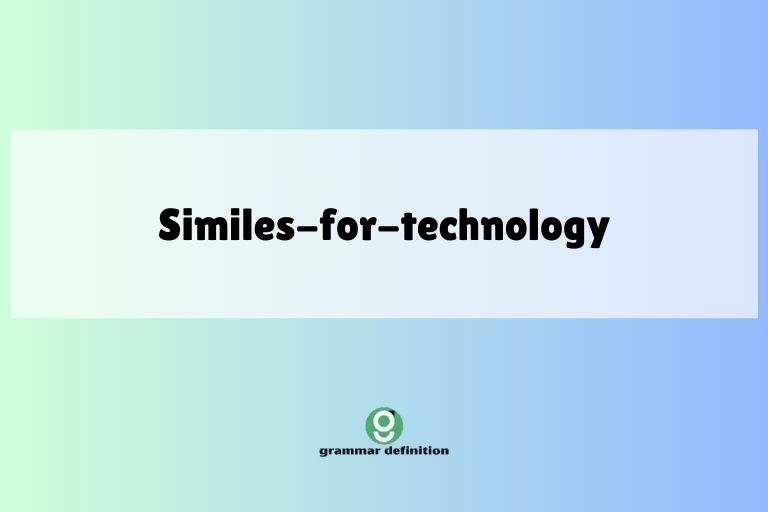Adverbs: Definition, Types, Usage, and Examples
Adverbs are essential components of the English language that enrich our sentences by providing additional information about verbs, adjectives, or even other adverbs. Mastering the use of adverbs allows you to express nuances, add detail, and make your writing more precise and engaging. This comprehensive guide will explore the definition, types, usage rules, common mistakes, … Read more

